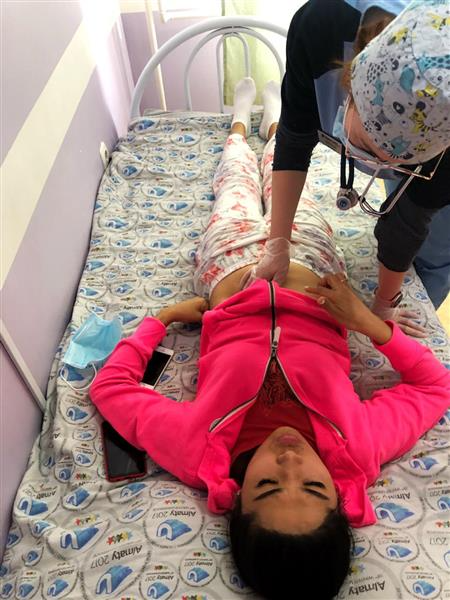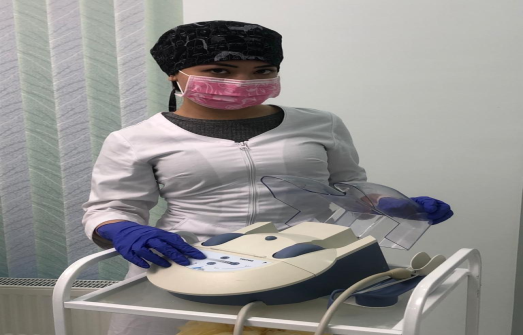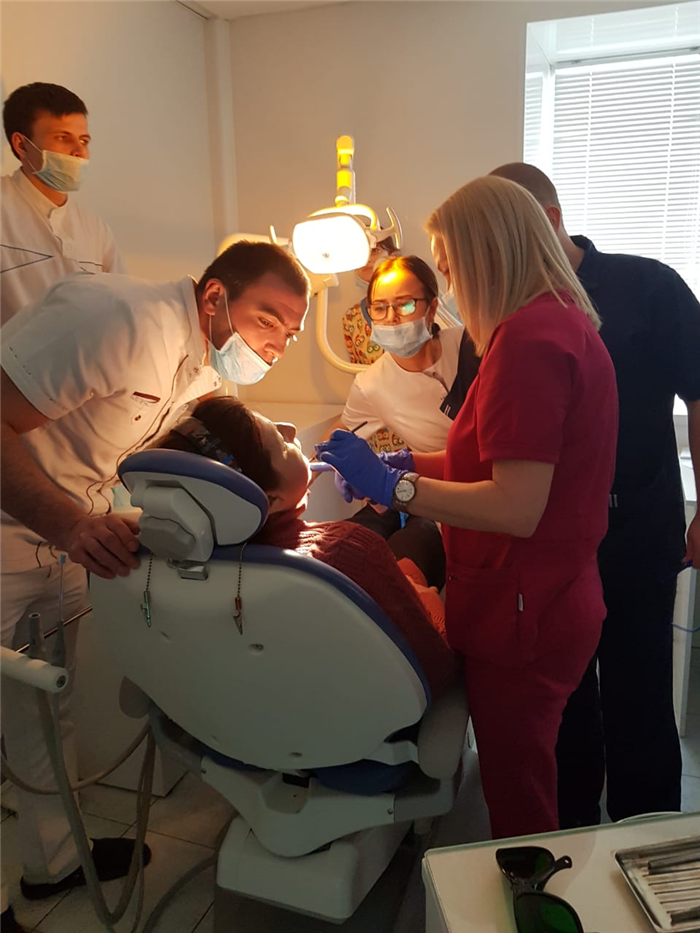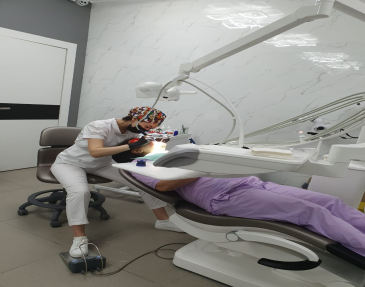Internship
|
6B10109 GENERAL MEDICINE |
||
|
|
Description of the educational program |
The educational program is based on a competency-based approach. The final learning outcomes are formulated in accordance with the recommendations of the Accreditation Council for Graduate Medical Education (ACGME) and the standards of the World Federation of Medical Education - WFME (World Federation of Medical Education) - Global Standards for Quality Improvement in Medical Education. The teaching strategy is based on the use of active teaching methods, clinical teaching at the University Clinic and other clinical sites, project-based teaching, and creative assignments. The use of active teaching methods made it possible to completely rebuild the curriculum according to a modular principle with integrated teaching aimed at the practical application of knowledge and effective clinical training. An assessment system is provided with an increase in the proportion of the practical component from course to course using the most valid methods according to the final results of each discipline and each course of study, in accordance with the options of the International Foundations of Medicine (IFOM - International foundations of Medicine). When developing the Educational Program in order to introduce the best practices of recognized international medical schools into the educational process, the programs of Doctor of Medicine of the School of Medicine of Harvard University, Oxford University, National University of Singapore (NUS) were analyzed and taken into account. |
|
Duration of training |
1 year |
|
|
Qualifications and academic degrees |
General doctor |
|
|
Graduate model |
10. Demonstrate adherence to patients by applying best practices and adhering to high ethical standards 11. Demonstrate community commitment by recognizing and responding to public health expectations 12. Be able to carry out statistical processing of data based on modern statistical programs, analyze scientific international achievements, have the skills of writing articles |
|
|
academic mobility |
|
|
|
Features of the educational program |
The form of study is daytime, Language of instruction: Kazakh, Russian, English |
|
|
6В10110 Pediatrics internship |
||
|
|
Description of the educational program |
The educational program is based on a competency-based approach. The final learning outcomes are formulated in accordance with the recommendations of the Accreditation Council for Graduate Medical Education (ACGME) and the standards of the World Federation of Medical Education - WFME (World Federation of Medical Education) - Global Standards for Quality Improvement in Medical Education. The teaching strategy is based on the use of active teaching methods, clinical teaching at the University Clinic and other clinical sites, project-based teaching, and creative assignments. The use of active teaching methods made it possible to completely rebuild the curriculum according to a modular principle with integrated teaching aimed at the practical application of knowledge and effective clinical training. An assessment system is provided with an increase in the proportion of the practical component from course to course using the most valid methods according to the final results of each discipline and each course of study, in accordance with the options of the International Foundations of Medicine (IFOM - International foundations of Medicine). When developing the Educational Program in order to introduce the best practices of recognized international medical schools into the educational process, the programs of Doctor of Medicine of the School of Medicine of Harvard University, Oxford University, National University of Singapore (NUS) were analyzed and taken into account. |
|
Duration of training |
1 year |
|
|
Qualifications and academic degrees |
Pediatrician |
|
|
Graduate model |
|
|
|
|
academic mobility |
|
|
Features of the educational program |
The form of study is daytime, Language of instruction: Kazakh, Russian, English |
|
|
6B10108 Dentistry internship |
||
|
|
Description of the educational program |
The educational program was developed with the aim of introducing the best practices of recognized international medical schools into the educational process of KazNU. When developing the Educational Program, the programs of the European Union countries and the recommendations of the Association for Dental Education in Europe (ADEE) were analyzed and taken into account. The educational program is based on a competency-based approach. The final learning outcomes are formulated in accordance with the recommendations of the Accreditation Council for Graduate medical Education (ACGME) and the standards of the World Federation of Medical Education - WFME (World Federation of Medical Education) - Global Standards |
|
Duration of training |
1 year |
|
|
Qualifications and educational degree |
General Dentist
|
|
|
Graduate model |
|
|
|
academic mobility |
|
|
|
Features of the educational program |
The form of study is daytime, Language of instruction: Kazakh, Russian, English |
|













